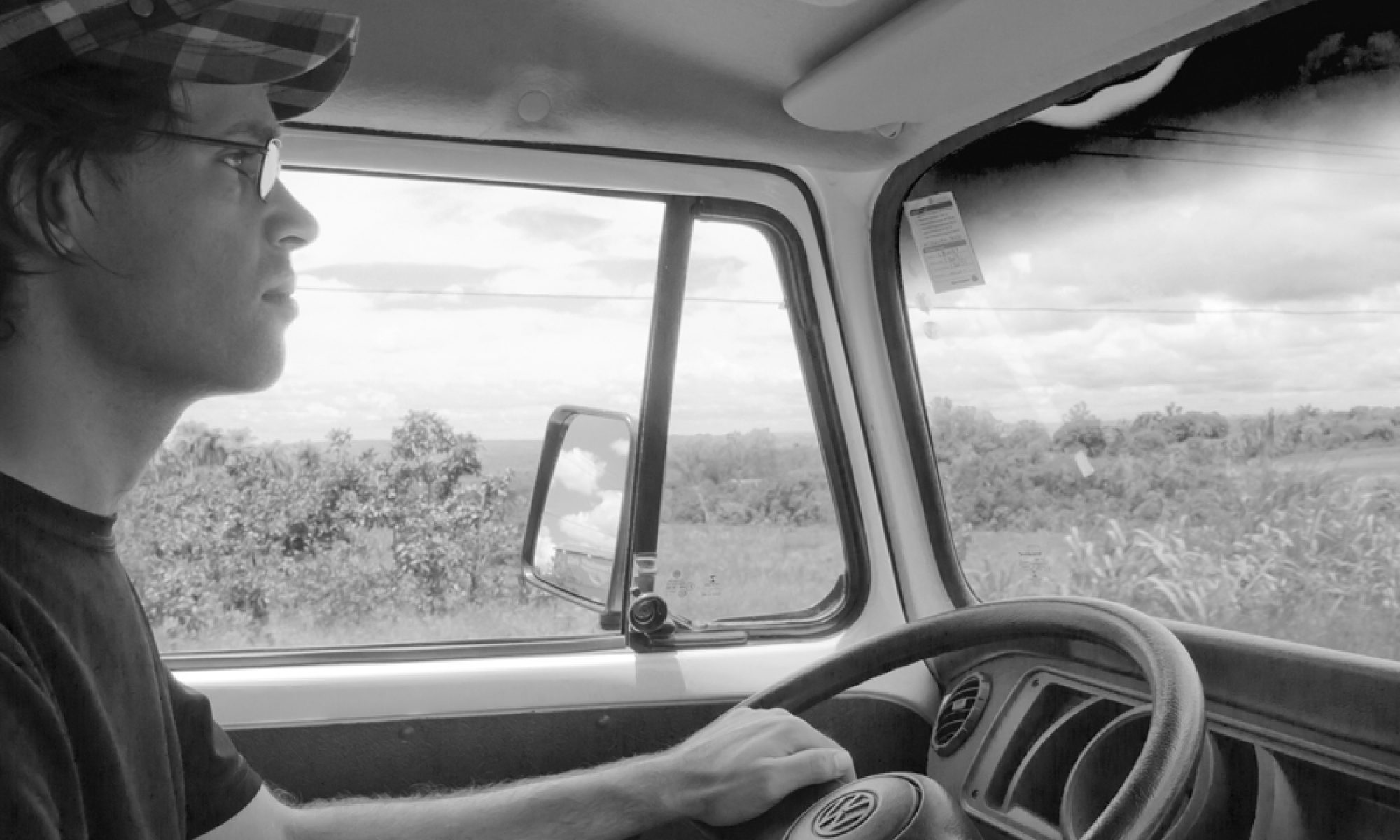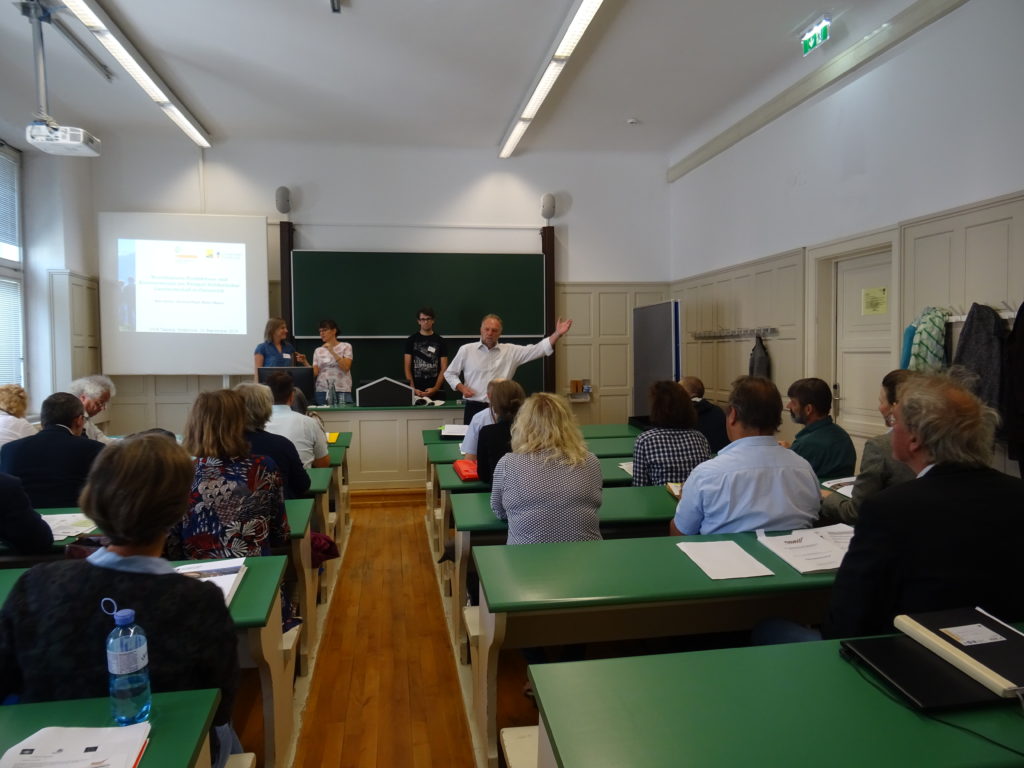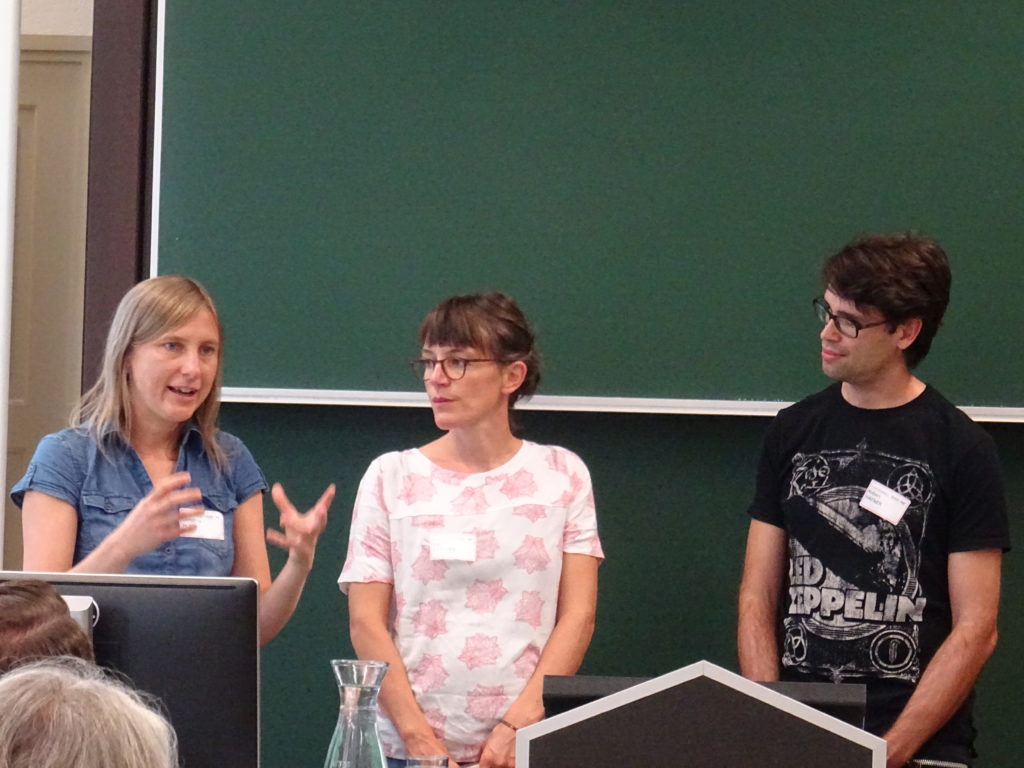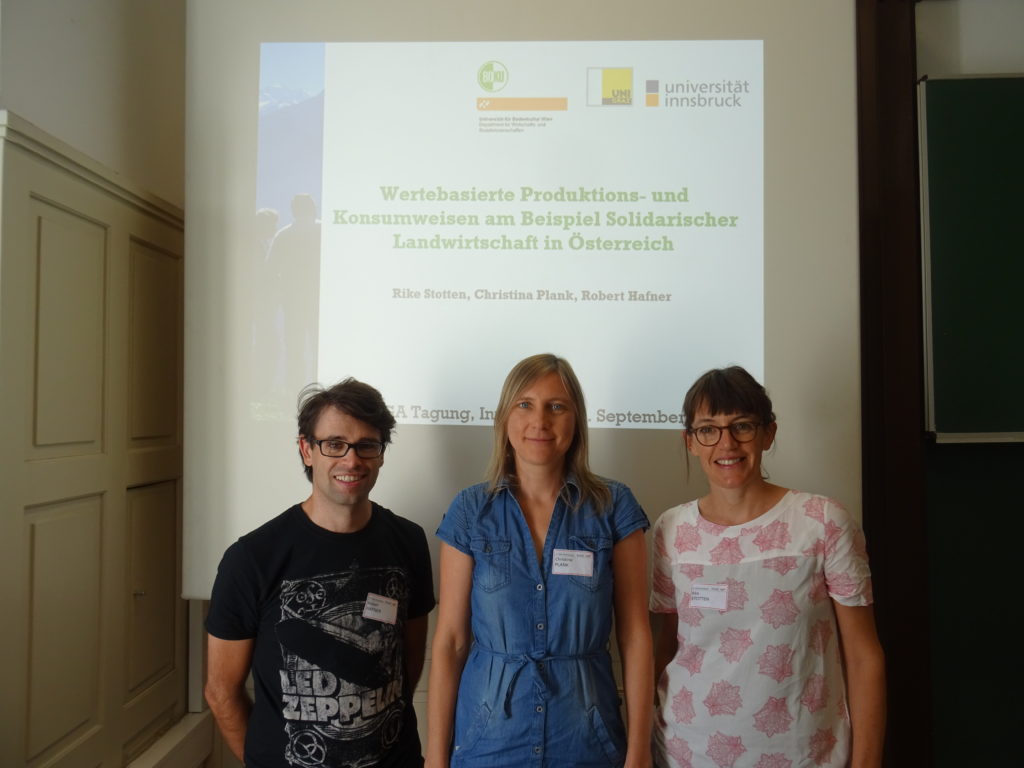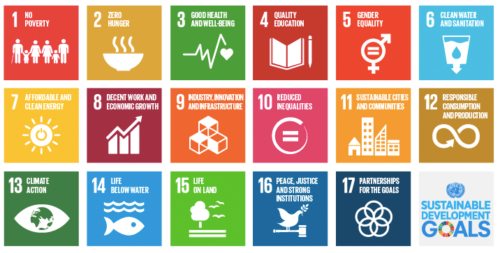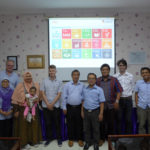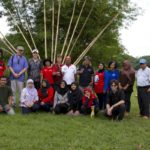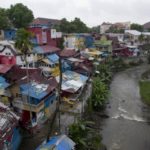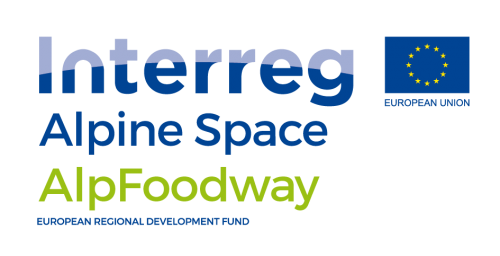Integrative geothermal energy potential in the eastern part of the Inn Valley: A key demo case for resilient geothermal energy supply in Alpine regions
GeoEN-Inntal investigates the possible use of geothermal energy for heating, cooling, heat storage and electricity production in Alpine settlement areas. In times of climate change and required substitution of fossil fuels, the implementation of renewable energy is essential and complies with the aims of the UN Sustainable Development Goals (//sdgs.un.org). Alpine regions might benefit from the availability of on-site renewable energy sources like hydropower, biomass and solar energy, but are often confronted with the limitation of available surface space, strong impact of the surface relief (e.g., shadowing) and a higher risk of negative impacts on health, biodiversity and landscape. Geothermal energy represents a space saving, on-site available and sustainable energy source, which is moreover independent of weather conditions and seasonal changes. Using geothermal energy helps to mitigate the dependency on energy imports, reduces the impact of renewable energy use on surface space consumption, landscape and health. It is moreover capable to provide base load supply not affected by varying external factors. However, geothermal energy still covers a niche inside the energy sector, although it has the potential to make significant contributions to the resilience and sustainability of the energy supply in Alpine regions.
Continue reading “GeoEN-Inntal”